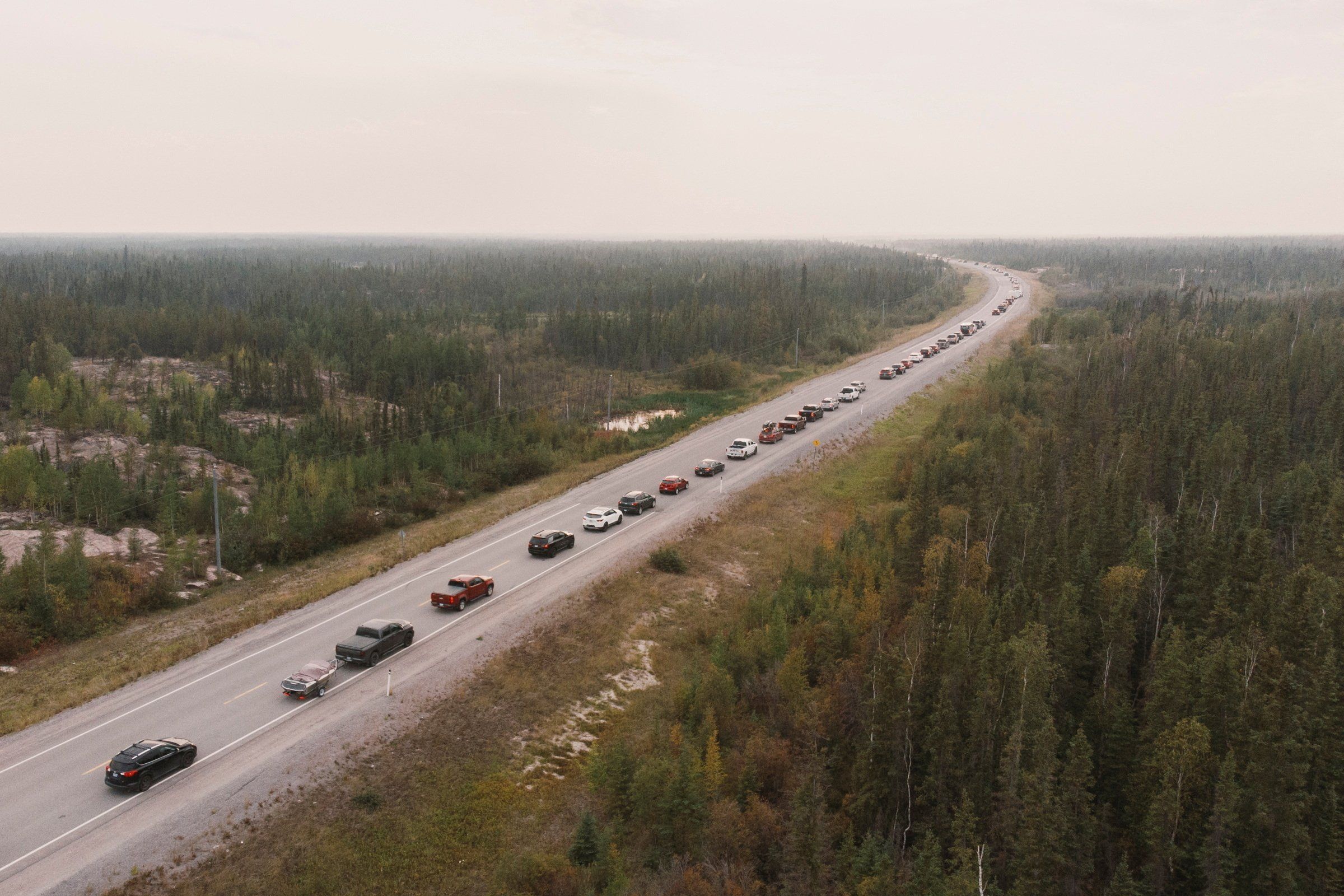Hard Numbers: Fiery evacuations, China snubs Canada, Afghan refugees, gender-based violence “epidemic”
13.2 million: Wildfires in Canada’s Northwest Territories have prompted the government to deploy the military to facilitate mass evacuations. Residents in the capital city of Yellowknife, the largest city in the region, have been urged to evacuate immediately. So far this summer, fires across Canada have destroyed 13.2 million hectares (32.6m acres) of land – an area roughly the size of Greece. Meanwhile, the death toll in devastated Hawaii has risen to 111 as rescue workers begin the process of identifying bodies.
70: After years of COVID-related travel restrictions, China’s tourism ministry will now allow tour groups to travel abroad to 70 countries – the US made the cut, but Canada did not. The snub is a reflection of the deterioration of Canada-China ties after Ottawa accused Beijing of meddling in its domestic politics in recent years.
40,000: Two years after the Taliban swept back to power in Afghanistan, Ottawa says it’s looking to up the number of Afghan refugees it accepts. In 2021, the Trudeau government said it would take in 40,000 Afghans – and has so far absorbed more than 36,500. Meanwhile, the US has taken in more than 97,000 Afghans since the US withdrawal, many of whom worked with the Pentagon and American contractors during the US war in Afghanistan.
44: Gender-based violence against women by an intimate partner is an “epidemic” sweeping the country, according to a new report from the Canadian government. Around 44% of Canadian women will experience gender-based violence in their lifetime, compared to 26% of American women.